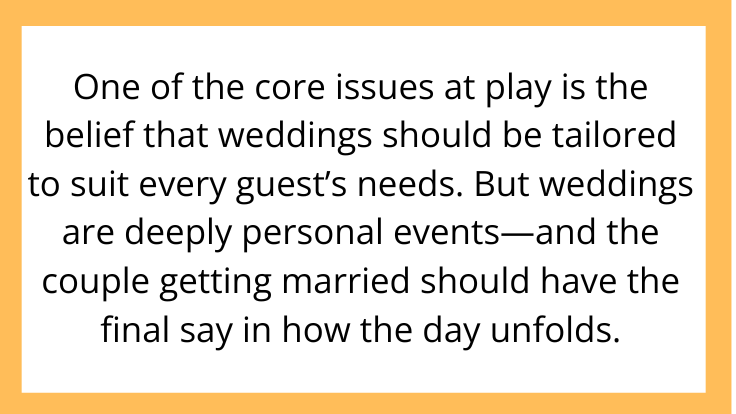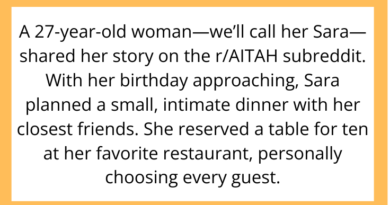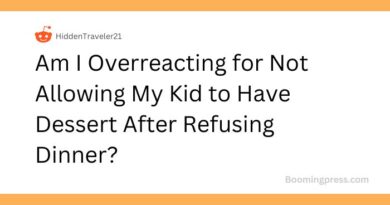Am I the Jerk for Not Letting My Brother Bring His Kids to My Child-Free Wedding?
Weddings are supposed to be joyful celebrations, but when family expectations collide with personal boundaries, things can quickly turn into emotional battlegrounds. One Reddit user recently found themselves in the middle of such a conflict—simply because they asked guests not to bring their children.
This AITAH story takes us inside the tricky world of child-free weddings, entitled family members, and whether setting boundaries for your big day makes you inconsiderate—or just honest.
The Dilemma: A Child-Free Wedding and an Angry Brother
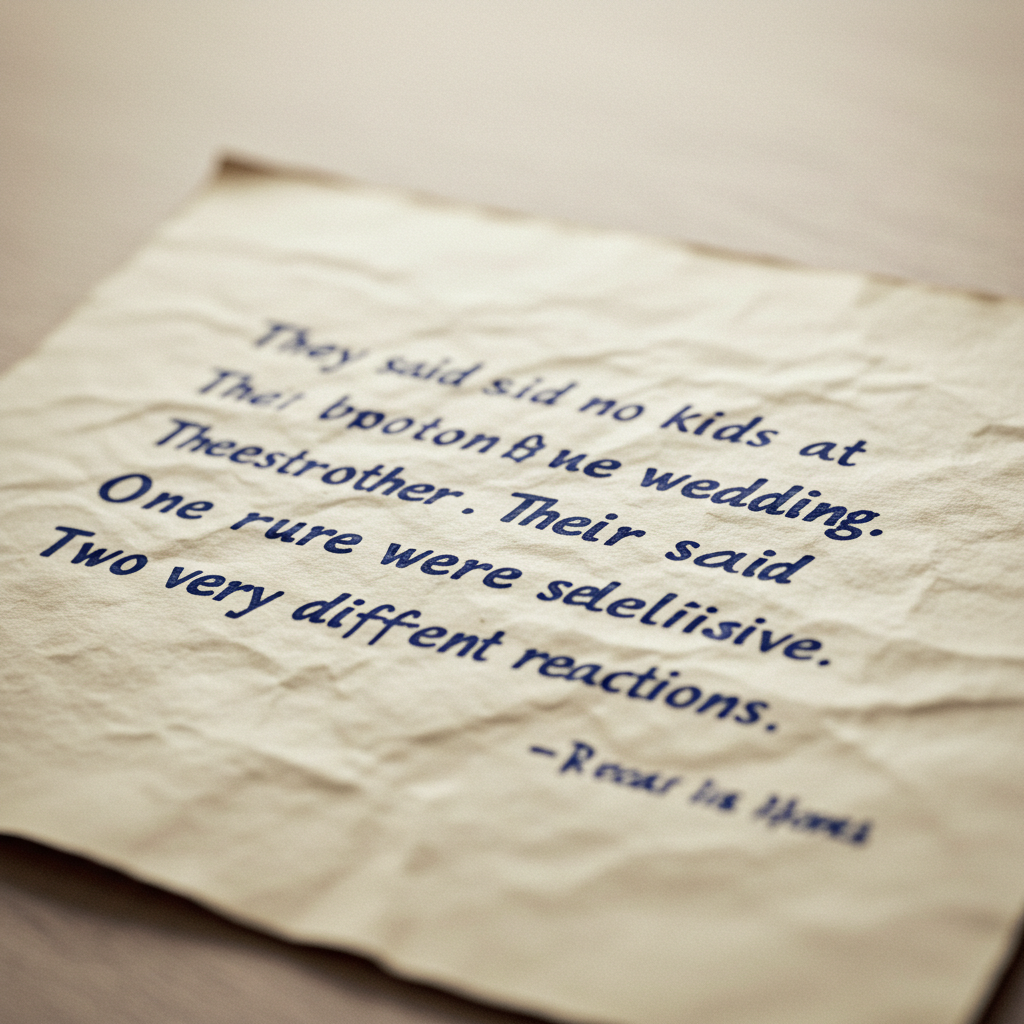
The Original Poster (OP) explained that they and their partner had always envisioned a relaxed, elegant wedding ceremony—without the disruptions that sometimes come with having children around. They made it clear on the invitations: the event would be child-free, no exceptions.
For most of the guests, this wasn’t a problem. But OP’s older brother, a single father of two young kids, didn’t take it well. He called OP to say he was offended and that expecting him to find a babysitter was “unrealistic and selfish.” When OP stood firm on the decision, the brother said he wouldn’t attend and accused OP of “prioritizing aesthetics over family.”
Now OP is left wondering: Am I the jerk for enforcing a child-free wedding and not making an exception for my brother’s kids?
Setting Boundaries on Your Big Day
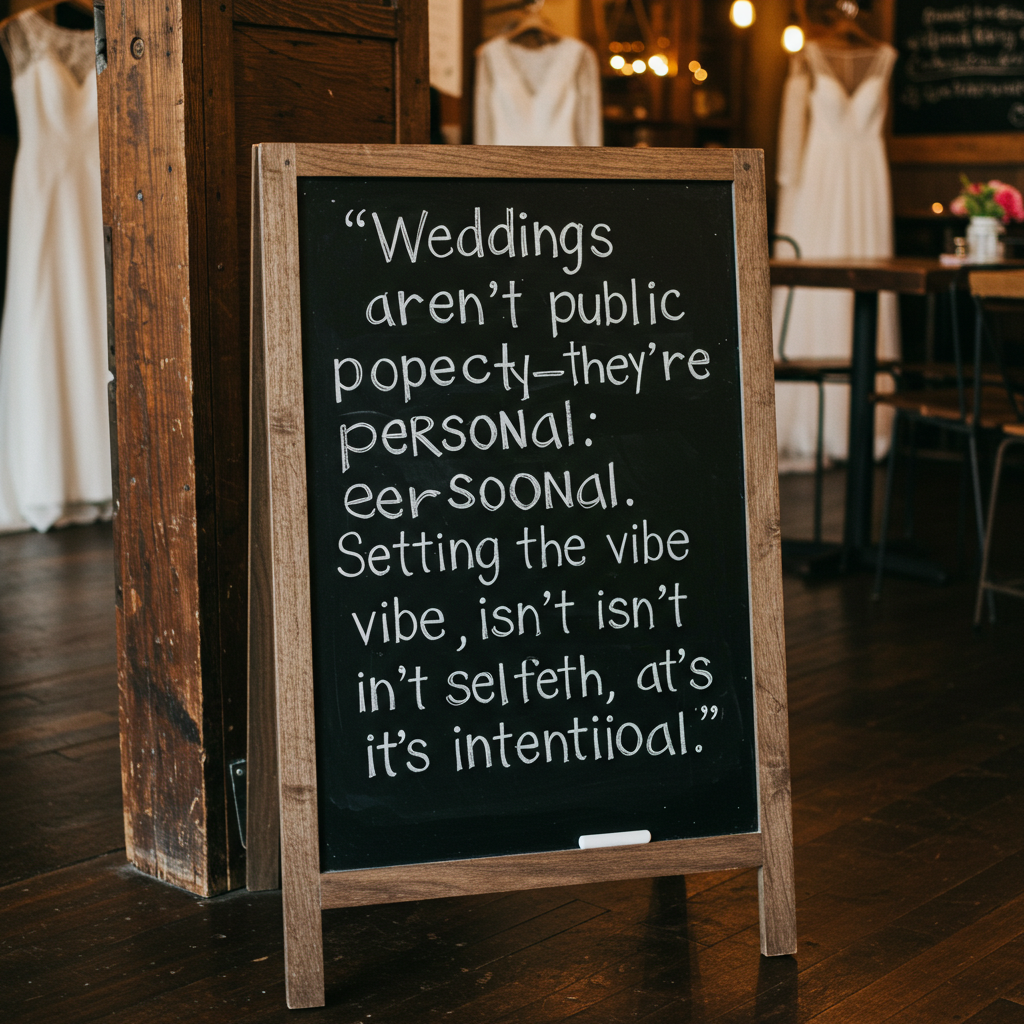
Weddings Are Personal, Not Public Property
One of the core issues at play is the belief that weddings should be tailored to suit every guest’s needs. But weddings are deeply personal events—and the couple getting married should have the final say in how the day unfolds.
OP and their partner envisioned a calm, adult atmosphere. That’s not anti-family—it’s just their preference. Wanting a specific vibe doesn’t make someone selfish; it means they’re being intentional.
Child-Free Doesn’t Mean Anti-Children
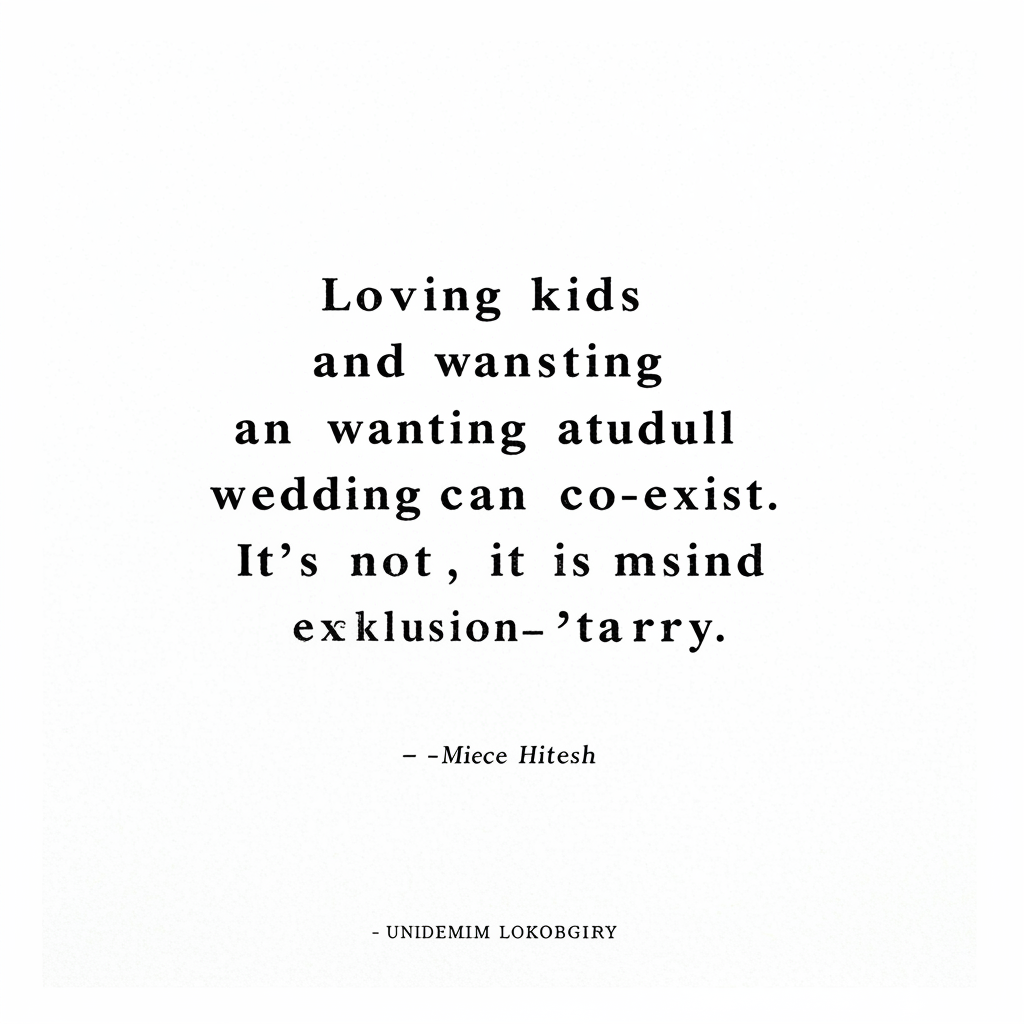
Choosing a child-free event isn’t an attack on children or parents. It’s a decision rooted in logistics, budget, and the overall mood the couple wants to set. Some people prefer adult-only receptions to allow guests to unwind, enjoy cocktails, and dance the night away without the worry of chasing toddlers around.
OP emphasized they love their nieces and nephews—but didn’t feel a wedding was the right setting. That’s not exclusion. That’s clarity.
The Double Standard: Exceptions for Family?

“Just Make an Exception” Isn’t Always Fair
One common refrain in these situations is the pressure to “make an exception” for close family. But exceptions can backfire. If OP allowed their brother to bring his kids, how would they say no to others? And where does the line get drawn?
Rules exist to set expectations. Making exceptions can unintentionally breed resentment and confusion.
Entitlement vs. Support
OP’s brother reacted with anger, claiming the child-free rule was inconsiderate. But expecting someone to change their wedding plans to suit your needs? That’s entitlement.
Supportive family members respect boundaries, even when they’re inconvenient. OP didn’t ban their brother from the wedding—they simply asked him to honor the same request given to all guests.
The Emotional Fallout: Is It Worth the Rift?

Weddings Can Expose Family Tensions
The reaction OP received wasn’t just about kids—it exposed deeper family dynamics. Their brother’s response showed a lack of respect for OP’s autonomy and an unwillingness to compromise.
Many Reddit users pointed out that weddings often bring underlying tensions to the surface. Boundaries that were once unspoken suddenly feel stark and immovable—and not everyone handles that well.
Missing the Wedding by Choice, Not Force
Ultimately, the brother chose not to attend. OP didn’t uninvite him—he made the decision based on his refusal to find childcare.
That distinction matters. It reframes the narrative: OP didn’t “push him away.” He walked away.
What the AITAH Community Said

Reddit users largely agreed: Not the jerk.
Here’s what some commenters had to say:
“It’s your wedding. If he can’t attend under the conditions you set, that’s on him.”
“Child-free weddings are totally normal. You made it clear. He’s the one being inflexible.”
“The entitlement here is wild. You didn’t say ‘I don’t want your kids around ever’—you just wanted one evening.”
Some users also shared their own experiences, saying that people often forget weddings are not just family reunions—they’re celebrations designed by and for the couple. Respecting their choices is part of supporting them.
Navigating Future Relationships
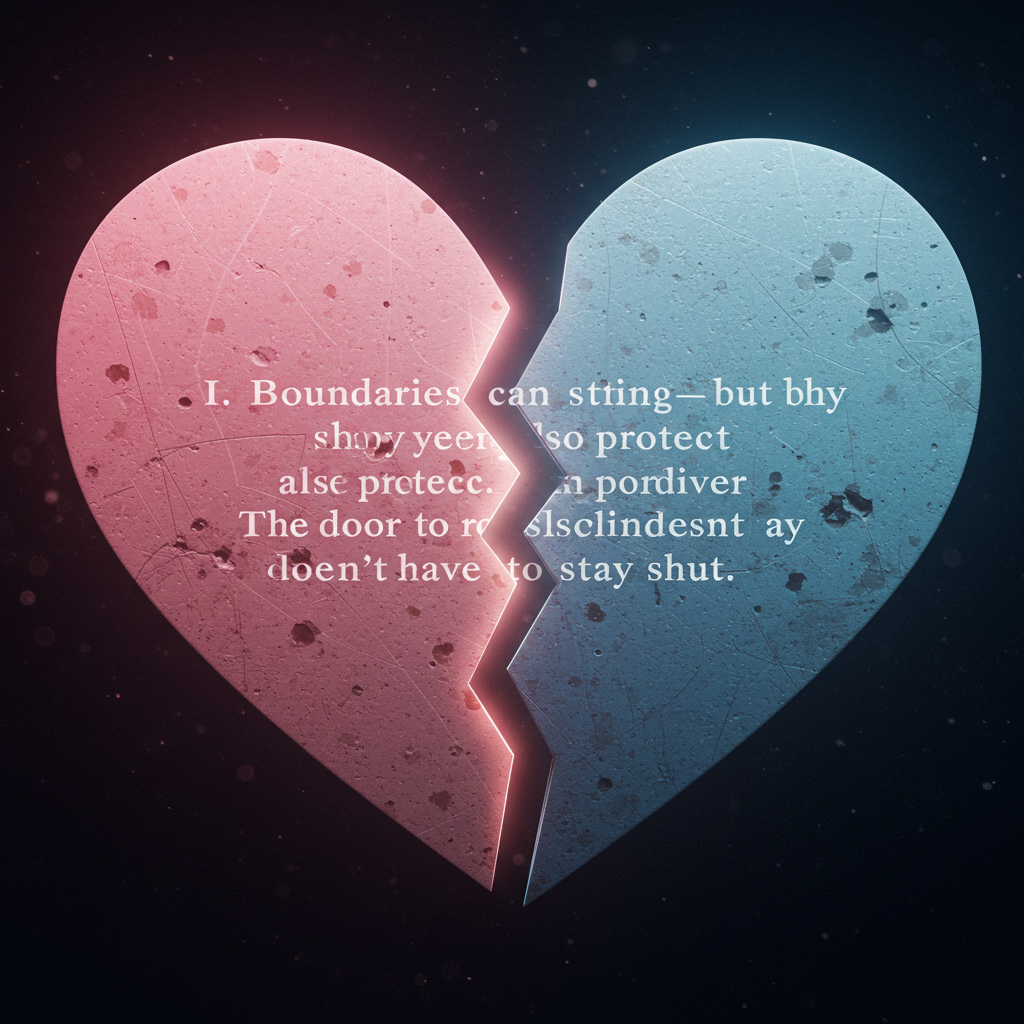
Leave Room for Reconciliation
While OP is hurt by their brother’s reaction, some commenters suggested leaving the door open for future dialogue. A calm conversation after the wedding could help repair the relationship.
OP could acknowledge that the situation was difficult for everyone, but also affirm that their boundaries weren’t meant to exclude—it was just about having the day they envisioned.
You’re Not a Villain for Wanting Control Over Your Day
At the end of the day, it’s your wedding. You get to decide the guest list, the venue, the food—and yes, whether or not kids are invited. Wanting a particular kind of experience doesn’t make you a villain.
If people choose not to attend because of that, it’s disappointing—but it’s their choice.
Final Thoughts: Boundaries Aren’t Selfish—They’re Necessary

This AITAH post reminds us of something important: setting boundaries doesn’t make you a bad sibling, friend, or family member. It makes you human.
OP respected their brother, loved his children, and still stood firm on their decision. That balance isn’t easy—but it’s necessary.
Weddings are about celebrating love, not pleasing everyone. And if your boundary costs you someone’s attendance, maybe it says more about their expectations than your decisions.
